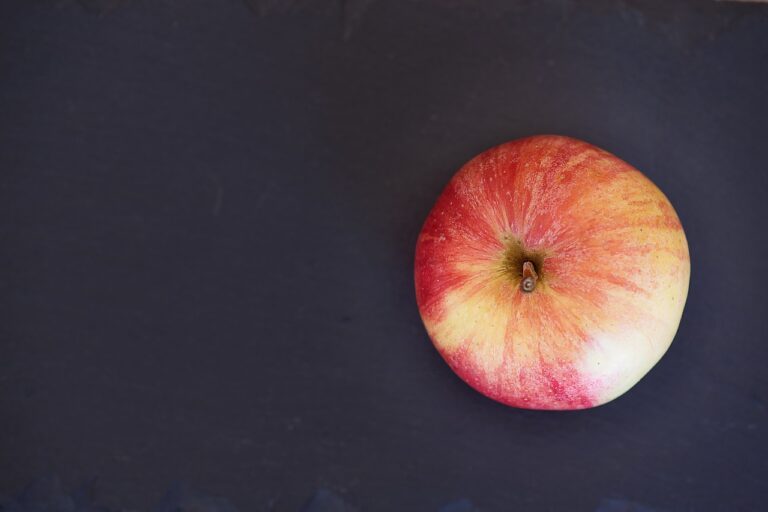Addressing the Risks of High Sodium Intake
Excessive sodium intake can lead to an array of health issues that may jeopardize overall well-being. Consuming too much sodium can disrupt the natural balance of electrolytes in the body, which in turn can result in increased water retention and elevated blood pressure. These effects can put a strain on the heart and kidneys, leading to potential complications over time.n
Moreover, a high-sodium diet has been linked to an increased risk of developing conditions such as hypertension, stroke, and heart disease. It’s important to be mindful of the sodium content in the foods we consume, as many processed and packaged foods contain high levels of sodium. Making conscious choices to reduce sodium intake can play a significant role in decreasing the likelihood of these health issues and promoting a healthier lifestyle.
The Impact of High Sodium Intake on Blood Pressure
High sodium intake has been shown to have a direct correlation with elevated blood pressure levels. Excessive consumption of sodium can lead to the retention of extra water in the body, increasing the volume of blood in circulation and consequently putting more pressure on the artery walls.
When blood pressure remains consistently high due to high sodium intake, it can strain the heart and blood vessels over time, leading to serious health complications. This continuous strain on the cardiovascular system can increase the risk of developing conditions such as heart disease, stroke, and kidney damage.
How does consuming too much sodium affect blood pressure?
Consuming too much sodium can lead to an increase in blood pressure. This is because sodium causes the body to retain water, which can put added pressure on the blood vessels.
What are some dangers of consuming high levels of sodium?
Consuming high levels of sodium can increase the risk of developing high blood pressure, which is a leading risk factor for heart disease, stroke, and other cardiovascular issues.
How much sodium is considered too much?
The American Heart Association recommends consuming no more than 2,300 milligrams of sodium per day, with an ideal limit of 1,500 milligrams per day for most adults.
What are some common sources of high sodium in the diet?
Some common sources of high sodium in the diet include processed foods, canned soups, deli meats, fast food, and condiments like soy sauce and ketchup.
How can I reduce my sodium intake?
To reduce your sodium intake, try cooking more meals at home using fresh ingredients, reading food labels to identify high-sodium products, and using herbs and spices to flavor your food instead of salt.





